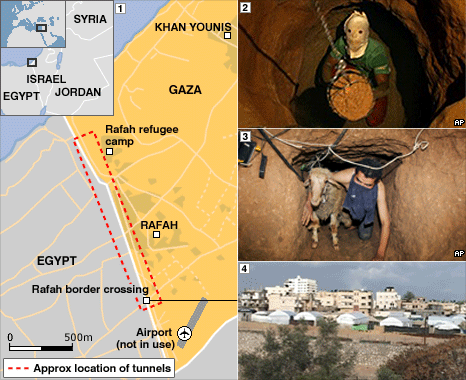Hamas parliament approves budget for Gaza gov't

By Fares Akram, Emad Drimly
GAZA, Hamas parliamentary bloc has recently approved the financial budget for Hamas’ government in the Gaza Strip, officials said on Monday.
The Hamas-dominated Palestinian Legislative Council (PLC) approved the budget, although other parliamentary blocs, including Palestinian President Mahmoud Abbas’s Fatah movement, boycotted the session.
The budget for the fiscal year is 428 million U.S. dollars and it applies only in the Hamas-controlled Gaza Strip, excluding the West Bank which is ruled by the Palestinian National Authority (PNA) led by Abbas.
Fatah says the PLC sessions have been illegal since June 2007 when Hamas routed pro-Abbas forces and seized control of the coastal strip.
The approval of the budget took place as Israel still keeps a tight blockade on Gaza and amid vagueness and controversy over Hamas’ financial resources.
In the West Bank, the Western-backed Abbas government goes through fiscal crisis despite financial support from the international community.
ONLY FOR GAZA
Jamal Nassar, chief of the budget committee at the PLC, said 36million U.S. dollars of the total budget were “local revenues and the rest was foreign funds and aid.”
The Western governments do not deal with Hamas and do not recognize its administration in Gaza.
Nassar, who is also a Hamas lawmaker, said 73 million dollars of the budget would be used in developing projects in the Gaza Strip and the rest would remain as running budget.
He affirmed that the budget is only allocated for the besieged Gaza Strip, home to some 1.5 million people.
“We are not responsible for endorsing or loaning the illegal government in the West Bank,” he said, adding that the international donors are responsible for funding that government which is led by Salam Fayyad.
UNDISCLOSED SOURCES OF INCOME
Since its takeover of Gaza, Hamas said it has succeeded in keeping the daily life running in the Israeli-besieged enclave, including health, education and religious sectors. It also filled the security and judicial vacuum after Fatah loyalists quit their work.
According to observers, the Hamas government depends on four main sources of income: public services, customs and tax revenues, establishing agricultural projects in abandoned Israeli settlements, volunteers and supporters and fund from Arabs and Islamists outside Gaza.
Hamas, an offshoot of the international Muslim Brotherhood, also gets money from that organization. The PNA accuses some countries like Iran, Qatar and Syria of aiding Hamas.
Ismail Mahfouz, deputy minister of finance in the Hamas government, refused to detail the sources from which Hamas gets fund or uses to cover deficits, given the clear shortage in internal resources.
Omar Shaban, a Palestinian economist, played down the reports that Hamas has approved a budget for its de facto government. “This is sort of propaganda rather than a realistic step,” he told Xinhua.
He explained that the budget “is small compared to the PNA latest budget which was around 2 billion U.S. dollars.”
“The budget of the deposed government doesn’t show the nature of its external resources,” he added. “The budget also doesn’t clarify who will be monitoring its implementation.”
The approval of the budget comes as Israeli media revealed a plan aimed at restricting Hamas’ foreign fund resources that mainly depend on Zakat (almsgiving).
Shaban said Israel will not succeed in stopping Hamas from getting outside fund “because the sources of the fund are anonymous.” He added that Israel could track down some of the resources.
Yahia Moussa, a Hamas lawmaker, agreed with Shaban. He said Hamas’ resources “remain open and cash is so much.”
“We don’t need money from the West and we don’t suffer from crisis,” he added.
According to Moussa, the only problem facing Hamas was banks’ refusal to transfer money for the Islamic movement due to the Israeli restrictions.
“We could resolve this by bringing money through tunnels,” he said, referring to a network of smuggling underground tunnels between Gaza and Egypt borders.
